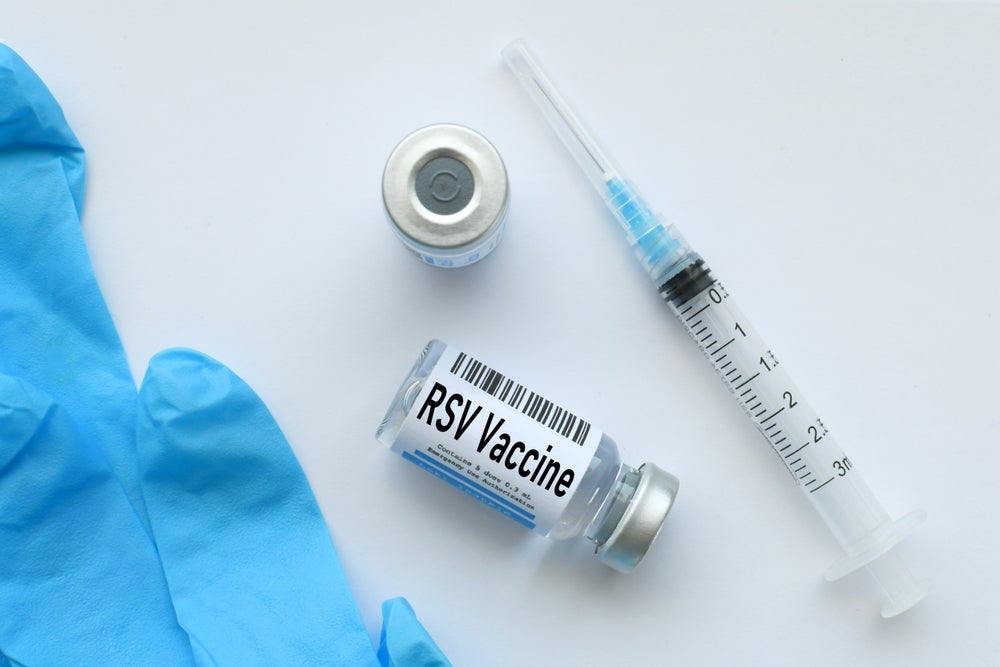The respiratory syncytial virus (RSV) prophylaxis market across the eight major markets (8MM) – comprising the US, the five major European markets (France, Germany, Italy, Spain, and the UK), Japan, and Australia – is forecast to grow from $582m in 2020 to $6.2bn in 2030 at a compound annual growth rate of 26.7%, with the paediatric and adult segments accounting for $2.2bn and $4.0bn, respectively. Leading data and analytics company GlobalData’s Respiratory Syncytial Virus Prophylaxis: Eight-Market Drug Forecast and Market Analysis – Update report reveals that this market growth will primarily be driven by the uptake of new monoclonal antibodies (mAbs), as well as maternal, adult, and paediatric RSV vaccines.
In 2020, the only product marketed for RSV prophylaxis was AstraZeneca/AbbVie‘s Synagis, an mAb only used in high-risk infants. However, the prophylactic landscape will see heavy diversification over the 2020-2030 forecast period with the launch of multiple novel products. The RSV prophylaxis space has already undergone huge changes over the past few years with the launch of AstraZeneca/Sanofi‘s mAb Beyfortus, as well as three vaccines, GSK’s Arexvy, Pfizer’s Abrysvo, and Moderna’s mRESVIA.
Six more products in late-stage development have the potential to launch by 2030: one mAb (Merck‘s clesrovimab), one maternal vaccine (GSK’s GSK-3888550A), three adult vaccines (AdVaccine’s BARS-13, Sanofi’s SP-0274 and SP-0256), and one paediatric vaccine (Sanofi’s SP-0125). GlobalData expects Sanofi’s SP-0256 to be the top-selling product in the RSV prophylaxis market in 2030 with sales of $1.2bn, as it will be the first and only combination vaccine available for the prevention of RSV, parainfluenza, and human metapneumovirus. Pfizer’s Abrysvo will also succeed during the forecast period with sales reaching $2.9bn in its peak year in 2025. Companies such as Pfizer, Sanofi, GSK, and AstraZeneca are expected to become the key players in the RSV prophylaxis market over the forecast period.
While many products are being added to the RSV prophylactic space, Synagis is likely to be fully replaced by Beyfortus and clesrovimab for the prevention of RSV infections in infants. Key opinion leaders (KOLs) interviewed by GlobalData noted that Synagis’ short half-life, which requires monthly dosing throughout the RSV season, and high cost have continued to be major barriers to its widespread clinical use despite its efficacy in high-risk infants.
Various unmet needs are expected to be addressed over the forecast period, including more prophylactic options across different patient segments and combination vaccines. However, KOLs interviewed by GlobalData stated that increased diagnostic testing and more research into the long-term effects of RSV are important.

US Tariffs are shifting - will you react or anticipate?
Don’t let policy changes catch you off guard. Stay proactive with real-time data and expert analysis.
By GlobalData




